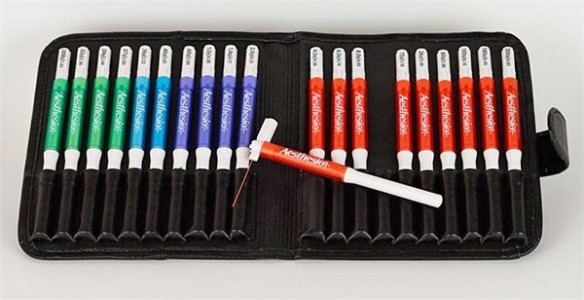Authors
L Farsi, M Keshavarz, K Afshari, AN Javidan
Lab
Neuroscience Institute, Tehran University of Medical Sciences, Tehran, Iran
Journal
Acta Medica Iranica
Abstract
Peripheral neuropathy, regularly expressed as hypersensitivity to painful stimuli, is between the most common complications of spinal cord injury (SCI) that develops in up to 40% of patients and appears to be persistent. Previous studies have demonstrated neuroprotective effects of Granulocyte colony-stimulating factor (G-CSF) on neuropathic pains. We aimed to investigate the antihyperalgesic effect of G-CSF on neuropathic pains following SCI in male rats. Twenty four adult male rats (weight 300–350g) were used. After laminectomy, complete SCI was performed by compression of the spinal cord for 1 minute with an aneurysm clip. Within 30 minutes after the surgery, 200 _g/kg G-CSF was injected intravenously in G-CSF treated groups and then was repeated in 3 consecutive days. Tail flick latency (TFL), acetone drop test scores, BBB test scores, and Von-Frey filament test were performed before surgery and once a week after surgery. Rats in G-CSF treated group showed significantly higher mean TFL, and lower mean score of acetone test compared with those in SCI+veh group 4 weeks after surgery (P<0.05). There was no significant difference between rats in G-CSF treated group and SCI+veh group in BBB and Von-Frey filament tests results. These findings revealed that treatment with systemic administration of intravenous G-CSF would attenuate thermal hyperalgesia, and cold allodynia induced by SCI in rats but has no significant effect on locomotor activity and mechanical allodynia after SCI.
BIOSEB Instruments Used
Von Frey Filaments (Bio-VF-M)
Keywords/Topics
Neuropathic pain; Mechanical allodynia & Hyperlagesia; Spinal Cord; Central Nervous System (CNS); Pain
Source :
http://acta.tums.ac.ir/index.php/acta/article/viewFile/6445/5073

 Pain - Thermal Allodynia / Hyperalgesia
Pain - Thermal Allodynia / Hyperalgesia Pain - Spontaneous Pain - Postural Deficit
Pain - Spontaneous Pain - Postural Deficit Pain - Mechanical Allodynia / Hyperalgesia
Pain - Mechanical Allodynia / Hyperalgesia Learning/Memory - Attention - Addiction
Learning/Memory - Attention - Addiction Physiology & Respiratory Research
Physiology & Respiratory Research











![Dynamic Weight Bearing 2.0 – Postural Module [Add-on]](https://bioseb.com/733-home_default/dynamic-weight-bearing-20-add-on-postural-module.jpg)
























 Pain
Pain Central Nervous System (CNS)
Central Nervous System (CNS) Neurodegeneration
Neurodegeneration Sensory system
Sensory system Motor control
Motor control Mood Disorders
Mood Disorders Other disorders
Other disorders Muscular system
Muscular system Joints
Joints Metabolism
Metabolism Cross-disciplinary subjects
Cross-disciplinary subjects CONFERENCES & MEETINGS
CONFERENCES & MEETINGS 